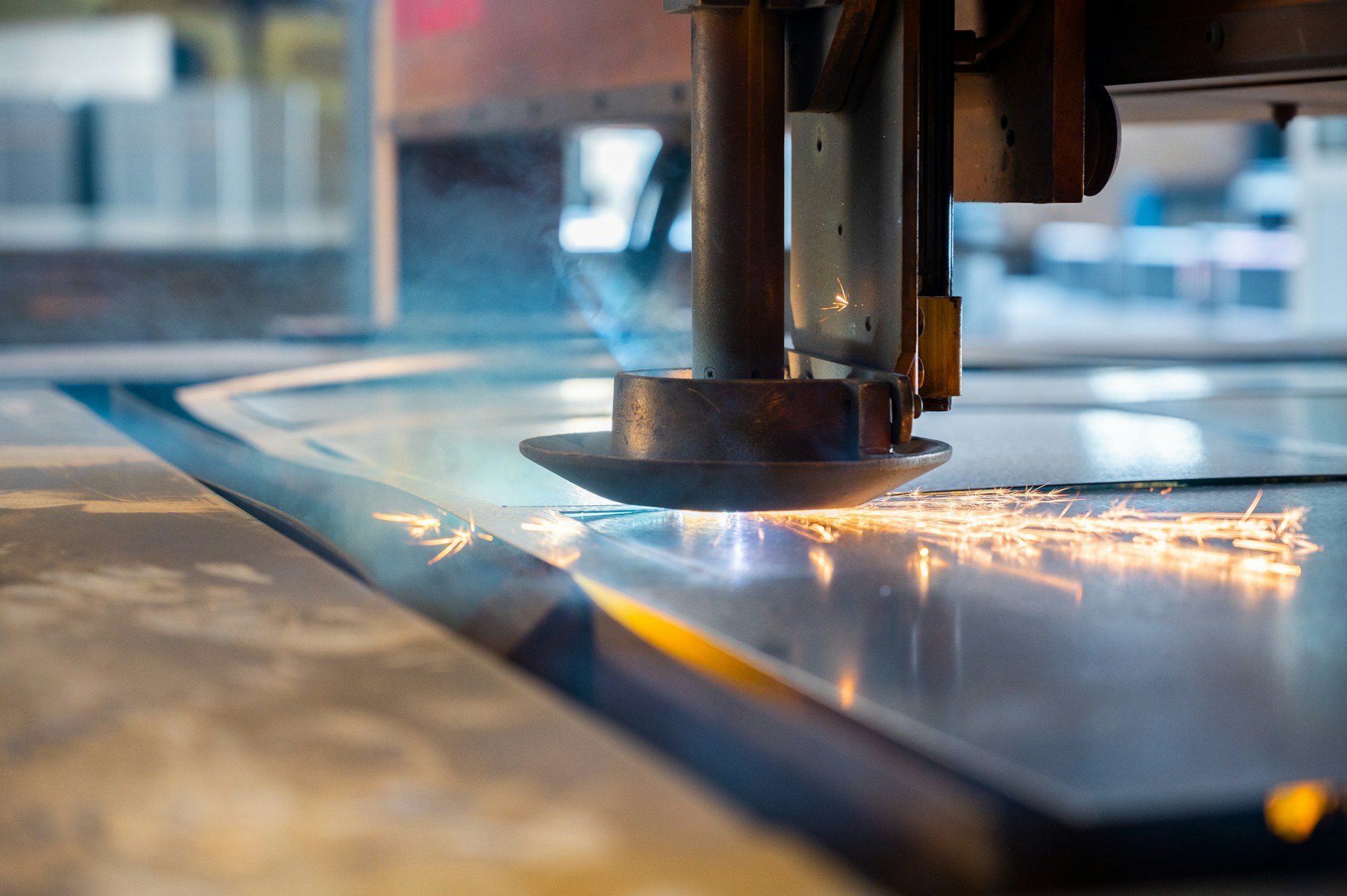Custom fabrication is the process of creating a product or component from raw materials according to specific design requirements. In the tool industry, it involves designing and manufacturing tools that are tailored to meet the unique needs of a particular project or application.
Traditionally, mass-produced tools have been the go-to option for most industries. However, this approach comes with limitations as these tools may not always be suitable for every situation. This is where custom fabrication comes in, offering a more personalized and precise solution.
Benefits of Custom Fabrication in the Tool Industry
Many industries have started to embrace custom fabrication due to the numerous benefits it offers. Some of these advantages include:
1. Increased Precision
With traditional mass-produced tools, there is a higher chance of human error during the manufacturing process. On the other hand, custom fabrication uses advanced technologies and techniques to ensure utmost precision in every aspect of tool production. This results in more accurate and reliable tools that can be performed This results in tools that with maximum efficiency.
2. Tailored to Specific Needs
One of the most significant advantages of custom fabrication is the ability to create tools that are tailor-made for a particular project or application. This means that each tool can be designed and manufactured according to the specific requirements, resulting in higher performance and productivity.
3. Greater Durability
Custom-fabricated tools are made from high-quality materials and undergo rigorous quality control measures during production. As a result, they tend to be more durable and long-lasting compared to mass-produced tools. This translates to cost savings in the long run as companies do not have to frequently replace their tools.
4. Versatility
Custom fabrication allows for the creation of versatile tools that can perform multiple functions. This is especially beneficial for industries that require various specialized tools but want to minimize their tool inventory. With custom fabrication, a single tool can be designed to handle multiple tasks, eliminating the need for different tools.
The Role of Technology in Custom Fabrication
Custom fabrication has been made possible thanks to advancements in technology. Computer-aided design (CAD) software and 3D printing have revolutionized the way tools are designed and manufactured. CAD allows for precise and detailed designs to be created, while 3D printing enables the production of complex and customizable shapes.
Additionally, technologies such as laser cutting and waterjet cutting have also played a significant role in custom fabrication. These methods allow for precise and efficient cutting of materials, resulting in high-quality end products.
The Future of Custom Fabrication
As technology continues to evolve, so does the potential for custom fabrication in the tool industry. With innovations such as artificial intelligence and automation, the process of designing and manufacturing tools will become even more streamlined and efficient.
Moreover, with the rise of additive manufacturing, also known as 3D printing, there is a possibility that tools could be created on-site or even on-demand, eliminating lead times and reducing costs. Machining manufacturers will continue to play a crucial role in this process, employing advanced technologies and skills to produce the best custom tools.
In conclusion, custom fabrication is revolutionizing the tool industry by offering more precise, personalized, and durable solutions. With technology constantly advancing and expanding its capabilities, we can only imagine how much further it will enhance the manufacturing of tools in the future. Custom fabrication is undoubtedly paving the way for innovation and efficiency in the tool industry. So, it's clear that this approach is here to stay and will continue to shape the future of tool manufacturing.
Do you have any other thoughts or ideas about how custom fabrication will continue to revolutionize the tool industry? Share them in the comments below!

